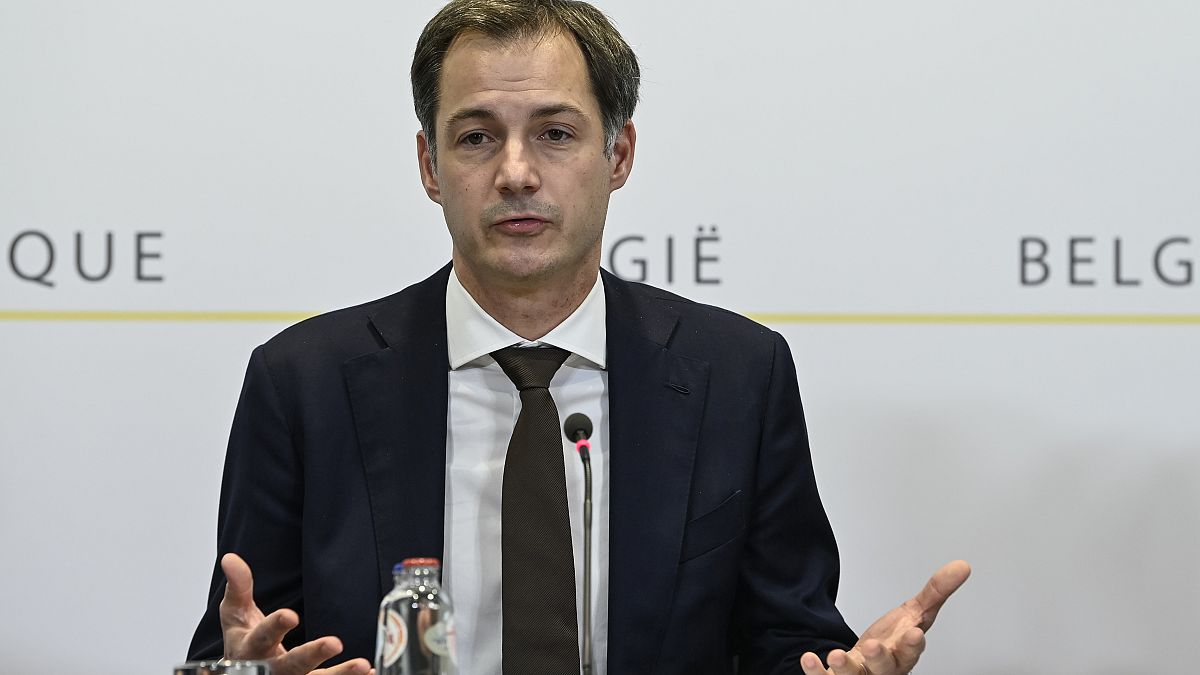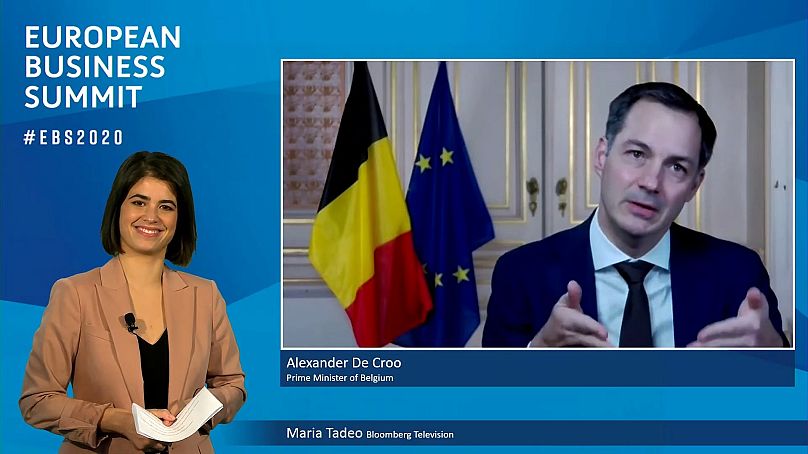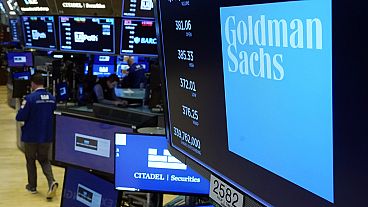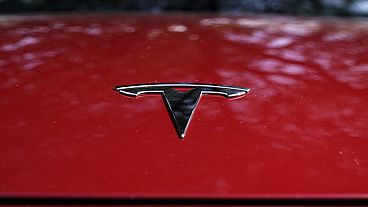Belgian PM Alexander De Croo says Europe needs to 'play its role in a much faster way', in a nod to calls to remove the member state veto in foreign policy
Europe must find ways to act faster in a “geopolitical world”, Belgium’s prime minister said, as he hinted reform was needed to allow quicker decision-making in the EU.
Alexander De Croo said at the opening of this year’s European Business Summit that the continent was a world leader in many fields but too often did not behave “based on the clout we actually have”.
In an interview on Monday at the summit, which this year is being held remotely, De Croo said the European Union often downplayed the fact it was the world’s top trade bloc and top investor in the fields of sustainability and development cooperation.
“We are second to one in so many domains, but in the geopolitical side – the politics of geopolitics and the defence and the security of geopolitics – there we don’t behave based on the clout we actually have,” he told the host, Maria Tadeo.
Asked to name the number one thing that Europe needed to fix, de Croo said: “It would be what I said about geopolitics: we are in a geopolitical world and Europe needs to play its role in a much faster way. We’ve talked about scale, and size does matter, but speed matters more today.”
Belgium has long been calling for the EU to change the need for strict unanimity among all 27 member states on foreign policy matters.
At present, individual member states are able to veto certain decisions.
Switch to qualified majority voting
De Croo’s predecessor Charles Michel, now the president of the European Council, is among those who support a transition to the qualified majority voting (QMV) system.
Many politicians expressed frustrations as recently as September, when the EU was unable to impose sanctions on Belarus despite agreeing human rights violations were being committed there following a disputed presidential election.
The Belgian prime minister also said the coronavirus pandemic meant that European governments needed to create an investment climate, “and that means investing much more ourselves [as a government], but especially being a leverage for more private investment. The money is there, it’s just interesting and long-term projects and confidence that you need.”
The start of Joe Biden’s term as US president in January presented an opportunity, De Croo continued.
Europe 'must invest more' in own security
“I’m convinced that the United States and Europe, when we are on the same page on important topics such as climate change, such as security policy, such as trade, when they are pulling in the same direction, we are an incredible power,” he said.
“That transatlantic power is really, really strong.”
But in a nod to outgoing president Donald Trump’s call for Europe to contribute more to costs of its own security, De Croo added: “But still we Europeans should do our homework. We should be investing much more ourselves in security in the world and security in our neighbourhood.”
The QMV system helps prevent individual member states from blocking proposals by allowing Europe to take decisions without unanimous agreement.
In its current form, decisions can be approved if supported by 55% of member states and by countries representing 65% of the EU’s population.
But many smaller EU states fear QMV would reduce their influence.
September’s proposed sanctions on Belarus were vetoed by Cyprus, which wanted the EU to act on the separate matter of Turkish oil and gas exploration in the eastern Mediterranean.




